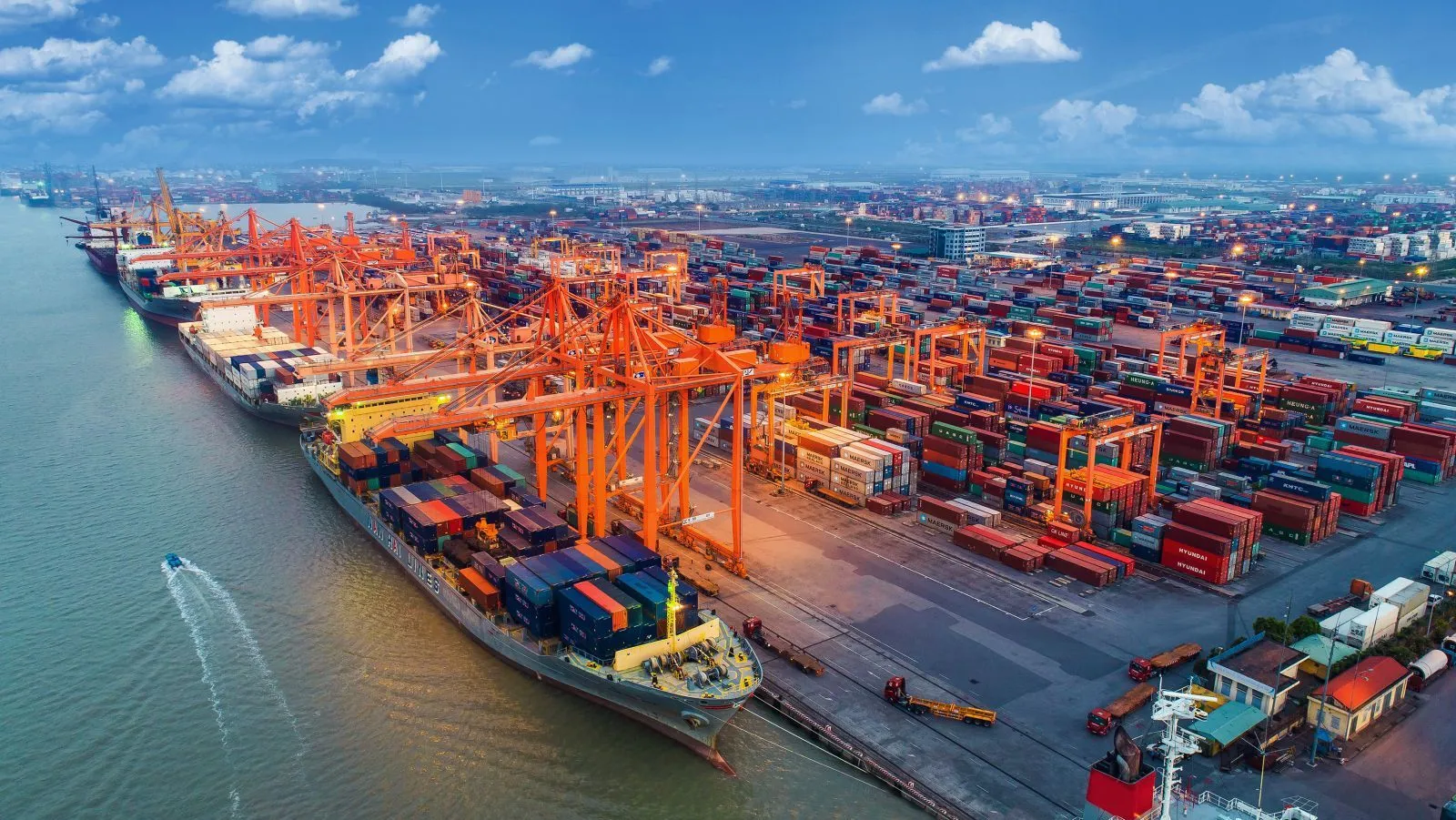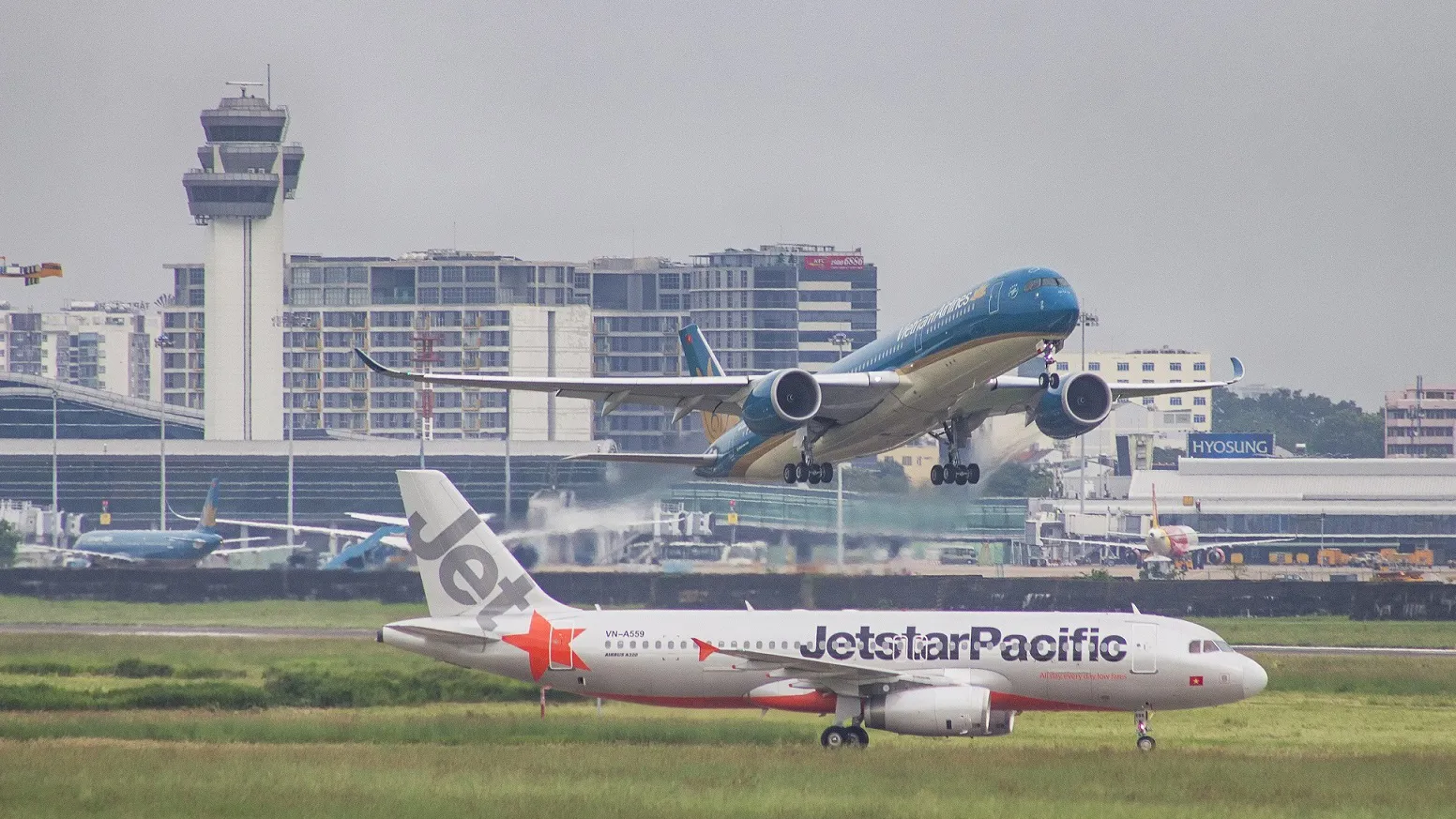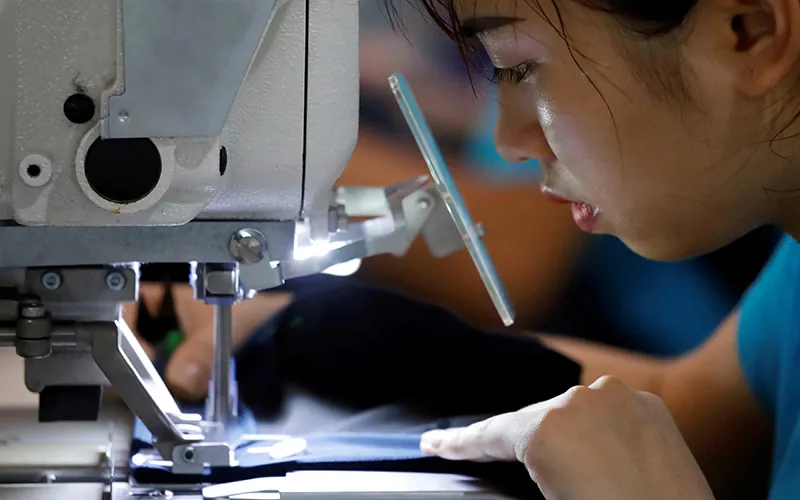It’s true Covid-19 hurts Vietnam economy, but how can it benefit in long term?
From a longer-term perspective, Vietnam will benefit as companies further accelerate moves to diversify their manufacturing operations away from China.
The impact of Covid-19 on Vietnam’s economic growth in 2020 will be worse than most expect, but, like the trade war, it will be a powerful catalyst to prompt the movement of factories from China to Vietnam, according to economists of fund manager VinaCapital.
Covid-19’s worse-than-expected economic impact on Vietnam
Vietnam’s Ministry of Planning and Investment (MPI) has essentially estimated that Covid-19 will reduce Vietnam's 2020 GDP growth by 0.8 percentage points (pts) to 6% this year, down from 7% GDP growth in 2019. Meanwhile, Standard Chartered cut its 2020 GDP growth forecast by 0.4 pts last week, and various local analysts and economists have estimated reductions in Q1 growth only varying from 0.4 pts to one pts.
| Covid-19 is expected to dent Vietnam's economic growth |
VinaCapital’s Chief Economist Michael Kokalari and Research Manager Huyen Tran deemed that the above-mentioned estimates of the impact of Covid-19 on Vietnam's 2020 GDP growth are “too optimistic,” and expected a 1.5-pts reduction in 2020 GDP growth and possibly more if the government does not take sufficient steps to at least partially offset the drag on the economy from the coronavirus.
They argued that Vietnam has a similar risk exposure to Covid-19 as Thailand, which downgraded its 2020 GDP growth forecast by 1.2 pts recently.
First, tourism contributes about 12% of Thailand's GDP, with one-third of its tourist arrivals from China, which is almost identical to Vietnam. Second, manufacturing contributes 25% of Thailand's GDP, which is a bit higher than circa 20% in Vietnam, but Thailand’s manufacturing sector is less dependent on imports from China.
Covid-19’s impact on Vietnam’s tourism sector
According to Vietnam's General Statistics Office (GSO), tourism accounts for 7% of Vietnam's GDP, but if the figure is calculated to include the indirect contribution of tourism, the actual contribution is closer to 14%.
Vietnam’s tourism arrivals are currently down 50-60% due to Covid-19, according to the General Statistics Office (GSO), so occupancy rates at tourist-oriented hotels and resorts are currently around 20%, versus the 80% that would be more typical for this time of year.
They expected Vietnam's tourist arrivals to drop 5-10% this year, after having grown 16% last year, and 23% CAGR over the last five years. That 5-10% drop in tourist arrivals would equate to a circa one-pts reduction in Vietnam’s GDP growth this year.
| The aviation sector will take a hit from the Covid-19 epidemic |
Covid-19’s impact on Vietnam’s manufacturing sector
The analysts estimated that manufacturing contributes 20% to Vietnam's GDP, although the official figure is around 16%. They estimated that a 2.3-pts reduction in Vietnam’s manufacturing output growth equates to a 0.5% hit to the country’s GDP growth.
Covid-19 hits manufacturing output by inhibiting factories from being able to source the inputs they need to make their products, and by preventing employees from coming to work. Both factors are major issues in China, but in Vietnam's case, only the former is a major impediment to the country’s manufacturing sector.
Regarding the ability of firms to source the inputs they need in order to manufacture products, at least one-third of the inputs required by Vietnamese factories come from China, so Covid-19-induced supply chain disruptions are likely to put a major dent in Vietnam’s manufacturing output growth this year.
Based on discussions with procurement managers, operations managers and country heads of foreign-invested companies about inventory, VinaCapital analysts concluded the producers of medium and high value-added producers (which estimate now account for about half of Vietnam's manufactured products) will be most affected by the Covid-19 outbreak.
A partial incapacitation of China’s workforce would lead to a reduced availability of manufacturing inputs from China to factories in Vietnam, which would in-turn dampen the local manufacturing sector's ability to resume its normal level of production.
| Dependence on Chinese impurts hurts Vietnam's manufacturing sector |
Covid-19’s benefit to Vietnam
The US-China trade war is prompting companies to move their factories from China to Vietnam. We believe that once Covid-19 concerns subside (most likely in H2), it will serve as an even more powerful catalyst than the trade war in prompting companies to move their factories to Vietnam, because of the stronger psychological impact that supply chain will have on corporate executives.
The analysts quoted a senior fellow at Milken Institute as commenting that the crisis will “underscore to all of China's trading partners the value of diversification away from China”, and Covid-19 is speeding up the dismantling of US firms’ sourcing from China even faster than the trade war did.
In a recent report, Moody's expected a two-pts boost to Vietnam's annual GDP growth rate, which is attributable to firms moving their factories from China to Vietnam, prompted by both the trade war and the Covid-19 outbreak.
The two VinaCapital analysts concluded that the short-term impact of the coronavirus on Vietnam will be fairly significant. From a longer-term perspective – and assuming no substantial escalation of the crisis – Vietnam will benefit as companies further accelerate moves to diversify their manufacturing operations away from China.














